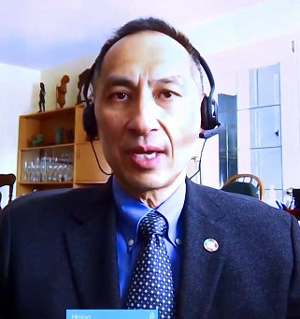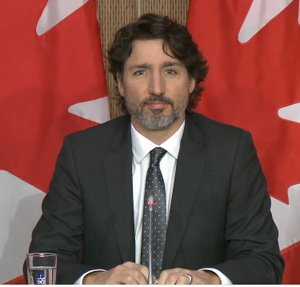
Tuesday March 9, 2021 | NATIONAL [Updated 9:20 pm]
by Mary P Brooke, B.Sc., Editor | Island Social Trends
To honour and remember the people lost to the COVID-19 pandemic, Canada has designated March 11 as a Day of Remembrance. This was announced today by Prime Minister Justin Trudeau in his COVID press conference in Ottawa, along with an expression of his being pleased about Canada having four vaccines approved for use in this country.
Trudeau said he hopes people will on Thursday acknowledge those who have been lost through and impacted by COVID-19. So far, it’s not known what sort of symbolic imagery will be used for COVID Remembrance Day (in the manner that the red poppy is used to acknowledge veterans of wars).
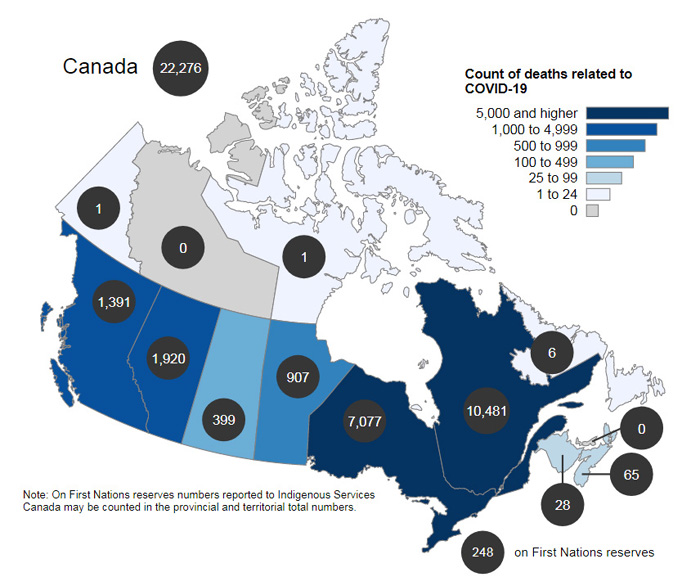
Case numbers have been flying fast for a year and in some ways lose impact. Today’s announcement about a COVID day of remembrance helps put the tragedy into context.
To date, 22,276 people have died in Canada due to COVID-19, it was stated today by Chief Public Health Officer of Canada, Dr Theresa Tam. That’s about half the number of Canadians (45,400 members of the military) killed in World War II, who are remembered (along with others lost in war) on the November 11 Remembrance Day each year.
Dr Howard Njoo, Deputy Chief Public Health Officer said today that Canadians are in “a time of solid remembrance of the cherished lives we have lost”.
The COVID Remembrance statement:
Trudeau issued a COVID Remembrance statement yesterday (and followed up with his live announcement today):
“We all have a role to play in ending this pandemic, and the crisis is not over yet. In recognition of how far we have come and how far we still have to go, the Government of Canada is designating March 11, 2021, as a National Day of Observance,” he said in the statement.
“On this day, I invite all Canadians to join together in honouring the memory of those we have lost, and the people they left behind. We will also recognize everyone who has been impacted by COVID-19, and pay tribute to all those who continue to work hard and make incredible sacrifices in our fight against the virus. Together, we will beat COVID-19.” | The full statement is online on the Prime Minister’s website at https://pm.gc.ca
WHO declared the pandemic on March 11, 2020:
March 11 is, this year, also the one-year anniversary of the World Health Organization declaring the COVID-19 health emergency as a global pandemic.
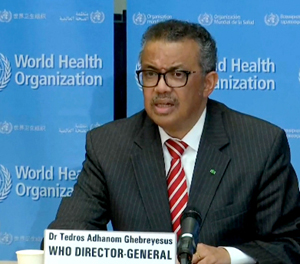
It took a while for WHO to declare the pandemic last year, until they were sure of its global impact (and, it could be said, until the global organization felt that China was sufficiently on board with sharing their information about the novel coronavirus — China being where the virus originated from).
The virus was already causing illness in China in December (if not November) of 2019; local scientists there ‘called the alarm’ on social media.
Calling the pandemic:
Back on March 11, 2020 the WHO Director-General, Dr Tedros, said: “Pandemic is not a word to use lightly or carelessly. It is a word that, if misused, can cause unreasonable fear, or unjustified acceptance that the fight is over, leading to unnecessary suffering and death.”
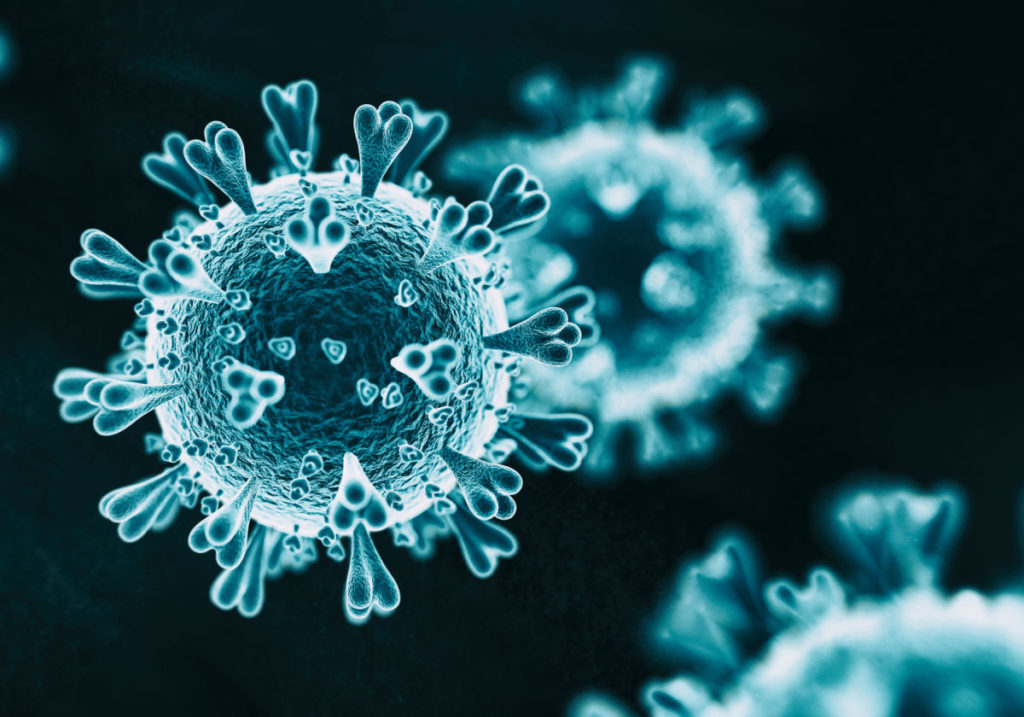
“We have never before seen a pandemic sparked by a coronavirus. This is the first pandemic caused by a coronavirus,” said Dr Tedros.
Dr Tedros described the situation as a pandemic but said that “does not change WHO’s assessment of the threat posed by this virus. It doesn’t change what WHO is doing, and it doesn’t change what countries should do.”
Responding to the pandemic:
But declaration of a pandemic did very much change what countries have done. Some forged ahead with domestic production and others did not. Some jurisdictions got organized quickly with economic and social supports, and others lagged behind.
In BC the pandemic was declared on March 17 and the next day a State of Emergency was declared that continues to this moment (and will continue for a while after whenever the pandemic is declared over, it was stated a few months ago by Premier Horgan).
BC is ‘following the science’ and integrating that with ‘real world data’ as the province forges ahead with their BC Immunization Plan.



